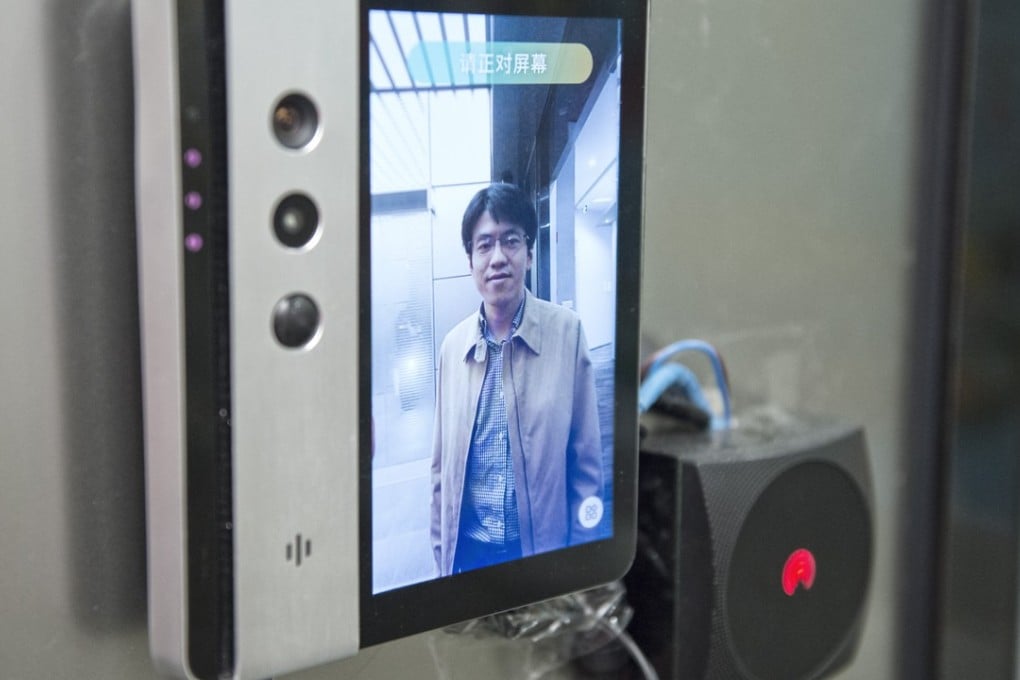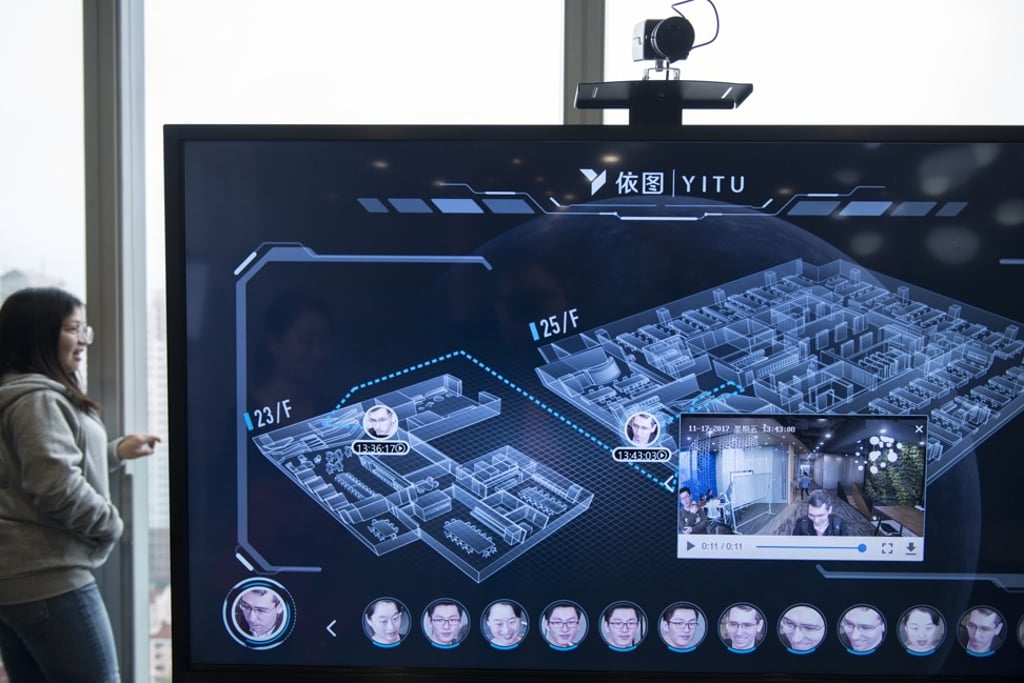China’s big brother: how artificial intelligence is catching criminals and advancing health care
Zhu Long, co-founder of pioneering Yitu Technologies, whose facial-recognition algorithms have logged 1.8 billion faces and caught criminals across China, says AI will change the world more than the industrial revolution

The lifts rising to Yitu Technology’s headquarters have no buttons. The pass cards of the staff and visitors stepping into the elevators that service floors 23 and 25 of a newly built skyscraper in Shanghai’s Hongqiao business district are read automatically – no swipe required – and each passenger is deposited at their specified floor.
The only way to beat the system and alight at a different floor is to wait for someone who does have access and jump out alongside them. Or, if this were a sci-fi thriller, you’d set off the fire alarms and take the stairs while everyone else was evacuating. But even in that scenario you’d be caught: Yitu’s cameras record everyone coming into the building and tracks them inside. An artificial intelligence (AI) algorithm recognises faces and plots the movement of their owners on maps of each floor.
In one of the company’s open spaces is a large screen that identifies anyone who stares at it, and then plays videos of their recent movements throughout the premises. The effect is perhaps a little “Big Brother”, but this is nothing compared to what else Yitu can do – and is doing.

“Our machines can very easily recognise you among at least 2 billion people in a matter of seconds,” says chief executive and Yitu co-founder Zhu Long, “which would have been unbelievable just three years ago.”
